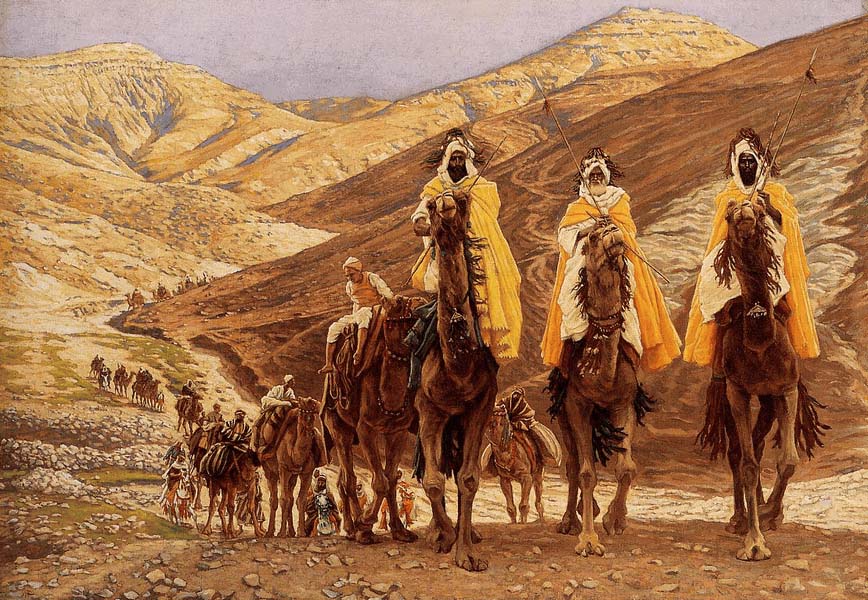However, today, on Epiphany, there is one change that intrigues me. In November, religion scholar and expert in ancient languages, Brent Landau Th.D, provided the first English translation of an ancient Syriac manuscript that was in the Vatican library about the Magi.
The manuscript, discovered in Turkey and written on vellum (a kind of parchment made of animal skin which I had a chance to see when I visited Turkey last fall), had languished in the Vatican since the 18th century.
What's interesting about the account is that instead of the traditional three Wise Men, the new research indicates that there might have been as many as 40 and instead of coming from some nearby Middle Eastern country, they may have journeyed as far as from China.
The USA Today story on the topic reports:
Gives a whole new slant on the Christmas story, doesn't it?Landau's book, Revelation of the Magi: The Lost Tale of the Wise Men's Journey to Bethlehem (HarperOne) describes the Magi as an ancient mystical sect descended from Seth, the pious and virtuous third son of Adam and Eve. From Seth they inherited a prophecy of "a star of indescribable brightness" someday appearing and "heralding the birth of God in human form." This same star had initially hovered over the Tree of Life in the Garden of Eden.Among the book's other revelations:•The Magi are described as coming from a land called Shir, "located in the extreme east of the world, at the shore of the Great Ocean." In other ancient texts, Shir is referred to "as a place where silk comes from," says Landau, suggesting that the references were to China.•In Syriac, the word Magi means "to pray in silence." Landau says it has no relationship to magicians or astrologers, sometimes cited in stories today.•The text names 12 Magi, not three, while other parts of the text suggest that "a group the size of a small army" traveled to Bethlehem, says Landau.

No comments:
Post a Comment
I'd love to hear your comments. Let's talk!